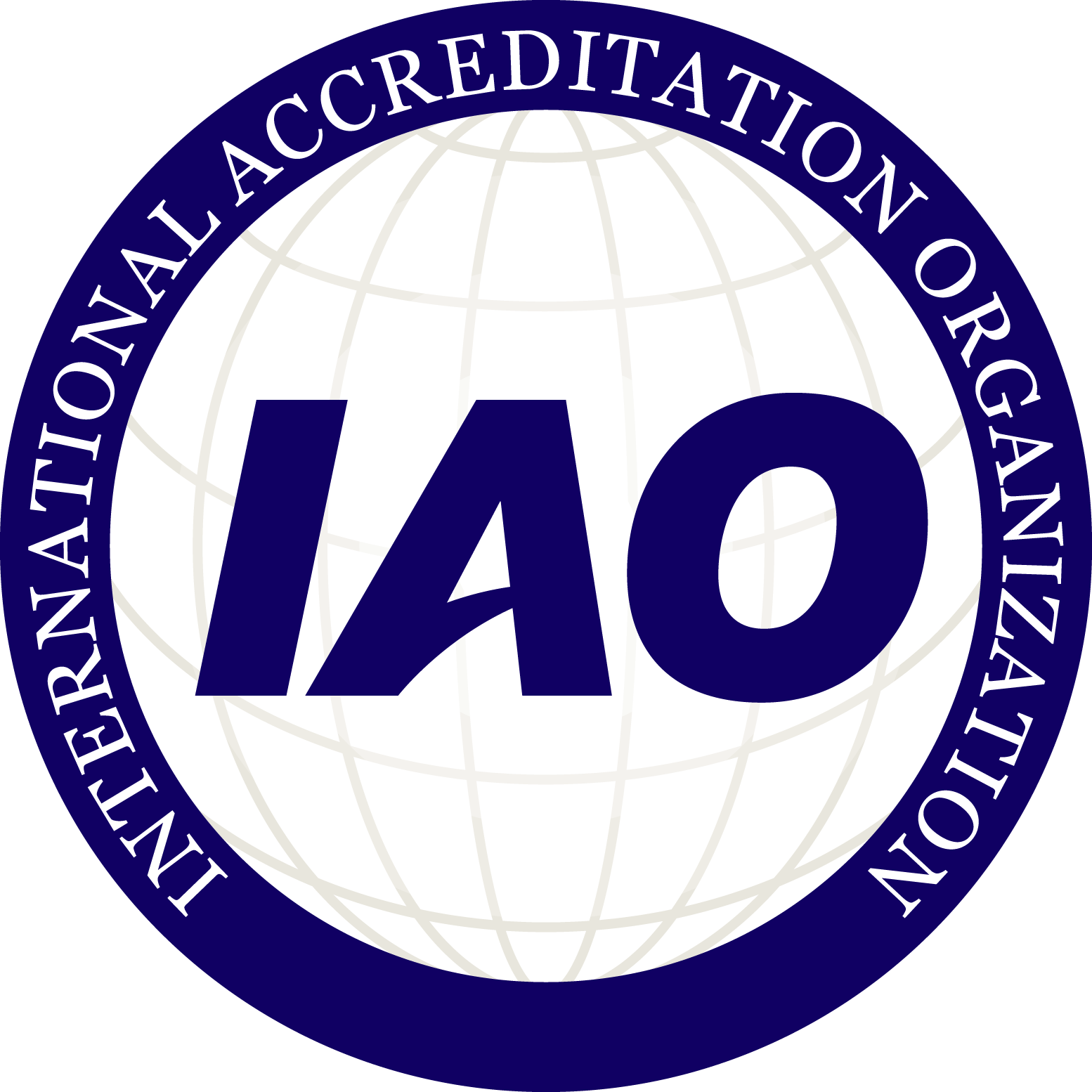To make sure that businesses continue to have strong controls, efficient procedures, and all-encompassing risk management plans, internal auditing is essential. Although the foundation of internal auditing education is theoretical knowledge, competent auditors are really defined by how well they apply this information in real-world situations. Gaining proficiency in practical skills empowers auditors to take on real-world problems, make educated choices, and make a substantial impact on their organizations. We explore the reasons why acquiring practical knowledge is crucial for internal audit work in this article.
The Importance of Practical Knowledge in Internal Auditing
A company's internal controls, risk management procedures, and governance structures are all evaluated as part of internal audit work to make sure they run smoothly, properly, and legally. But when theoretical understanding is put to use in real-world situations, internal auditing truly has an influence. Here’s why practical knowledge is crucial for internal auditors:
- Identifying and Mitigating Risks Effectively : Internal auditors who possess practical expertise are better equipped to identify possible dangers that may not be immediately apparent from a theoretical education alone. Hands-on experience sharpens abilities such as understanding the unique risks associated with different businesses, spotting subtle warning signs, and developing efficient risk mitigation measures. With the use of this capacity, auditors can proactively handle problems before they get out of hand.
- Conducting Comprehensive Audits : While checklists are useful, they are not sufficient for conducting thorough audits. Practical experience enables auditors to grasp the complexities and unique characteristics of each organization. Auditors must adapt their approach to different scenarios and apply auditing principles in nuanced ways, a skill developed through real-world practice.
- Building Credibility and Trust : Practical experience increases an internal auditor's chances of winning the respect of stakeholders, management, and other internal auditors. Their reputation as competent and trustworthy experts is strengthened by their capacity to offer perceptive analysis, promote open communication, and successfully support organizational goals.
- Navigating Complex Regulatory Environments : Internal auditors need to be up to date on changes in the regulatory landscape and comprehend the ramifications as they arise. Auditors with real-world expertise are better able to understand and apply these regulations to a variety of corporate domains, guaranteeing compliance and making necessary strategy adjustments.
- Improving Problem-Solving Skills : The dynamic nature of businesses means that auditors frequently encounter unexpected challenges. Practical knowledge allows auditors to quickly assess situations, identify root causes, and develop tailored solutions that address specific organizational needs.
How to Enhance Your Practical Knowledge in Internal Auditing
To excel in internal auditing, professionals should focus on developing both theoretical and practical skills. Here are several strategies to enhance your practical knowledge in internal audit work:
- Participate in Case Studies and Simulations : Applying abstract ideas to actual situations is made possible by participating in case studies and simulation exercises. These exercises provide invaluable experience in managing challenging audit scenarios and aid in bridging the knowledge gap between classroom instruction and real audit practice.
- Gain Hands-On Experience : Look for possibilities to work as a part-time employee, intern, or shadow seasoned audits. Gaining practical experience aids in the development of critical abilities including risk assessment, data analysis, and report writing as well as your understanding of the complexities of internal audits. This practical experience is very helpful in becoming ready for audit issues that arise in the real world.
- Join Professional Networks and Forums : Joining trade associations and taking part in online discussion boards about internal auditing will provide you with a better understanding of the trends, best practices, and prevalent problems in the field today. Making connections with seasoned industry experts and having conversations with them might help you gain a better knowledge of the field in practice.
- Attend Workshops and Training Programs : Interactive learning opportunities are provided by real-world internal auditing workshops and training sessions. These courses frequently incorporate practical case studies, group exercises, and hands-on activities to help you hone your auditing abilities.
- Pursue Specialized Certification Courses : For career growth, it is essential to enrol in specialized certification courses that focus on both the academic and practical components of internal auditing, such as the Qualified Internal Auditor Certification. Professionals can improve their practical skills and gain a thorough understanding of internal audit procedures by pursuing certifications that provide hands-on training.
Conclusion
Developing your internal auditing practical expertise is essential to launching a lucrative career in this fast-paced industry. Through the integration of academic knowledge with practical experience, you can transform into an exceptionally proficient and invaluable member of any team. With a thorough combination of academic and practical instruction, our QIA Certification makes sure you're ready to succeed in your role as an internal auditor. By enrolling now, you may advance your career in internal auditing and gain the hands-on experience necessary to have a big effect on your industry.

